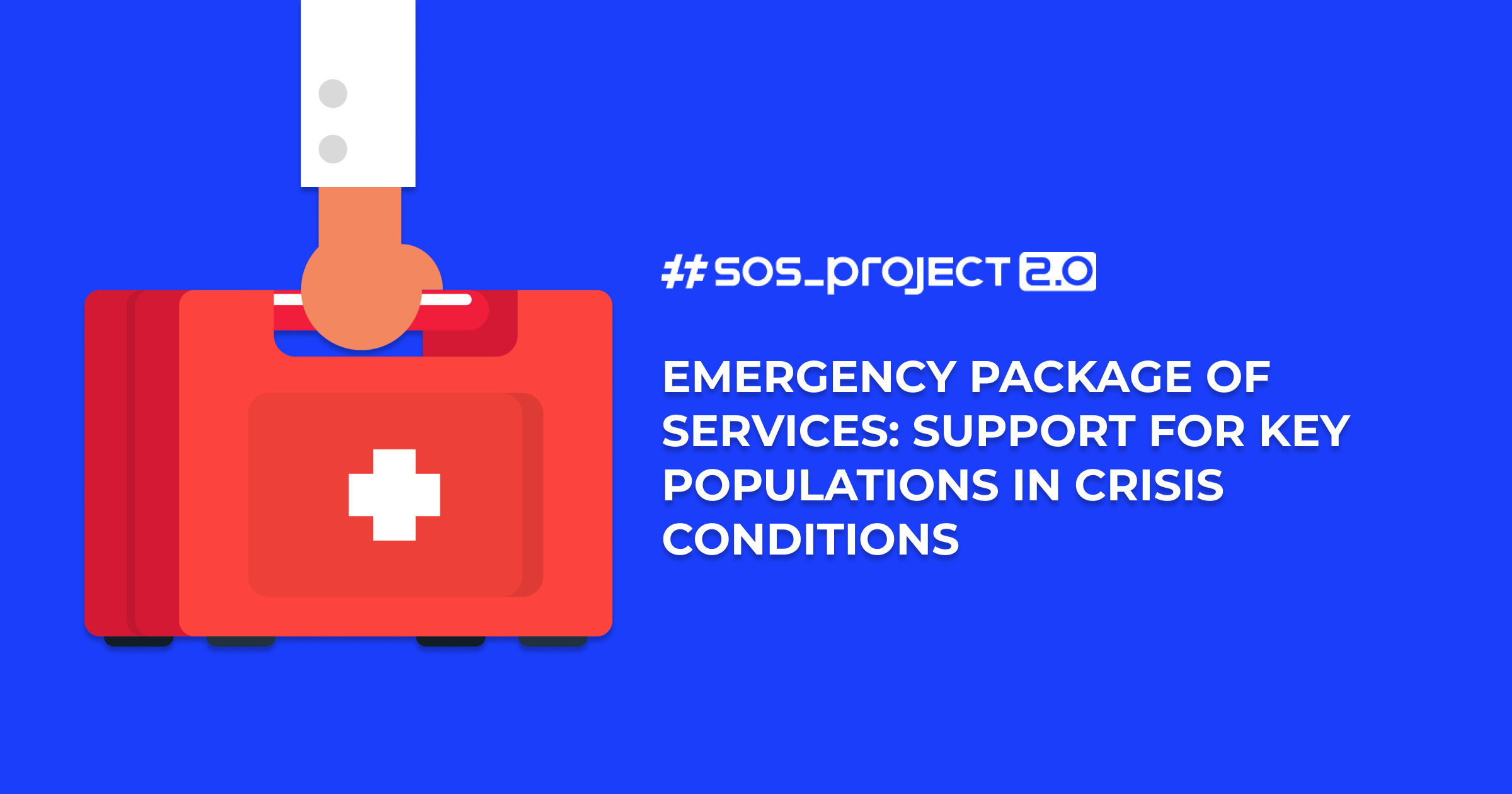We are pleased to present the Emergency Package Guide, which aims to provide broad access to comprehensive and quality services for key and vulnerable populations during crisis situations such as war, natural disasters, accidents and other emergencies.
Key and vulnerable populations include people who inject drugs, sex workers, men who have sex with men, transgender people, people living with HIV, prisoners and people in pre-trial detention, people affected by tuberculosis, migrant workers, refugees and IDPs.
The Emergency Package of Services is a systematic set of recommendations designed to ensure high-quality HIV and TB services for key populations in crisis settings. It includes health, justice and security services, and social services provided by nongovernmental organizations.
This package of services plays a key role in responding to HIV/AIDS and TB epidemics in crisis settings. It helps mitigate the impact on key populations, promotes their well-being, health and safety, and prevents the spread of the epidemic in the Eastern Europe and Central Asia region.
The Emergency Package is based on global norms and standards set out in international human rights agreements and declarations. It aims to address gaps between international commitments and national implementation. It also takes into account the experience and recommendations gained from the response to HIV and TB over the past decades.
We are confident that the provision of Emergency Package services and their coordination by nongovernmental organizations and regional networks will contribute to the restoration and empowerment of key populations. It will also help to achieve the global HIV/AIDS and TB targets set out in the 2021 Political Declaration and the declaration on tuberculosis.
We encourage all stakeholders to familiarize themselves with the Emergency package guide and implement its recommendations in designing quality services for key and vulnerable populations in crisis settings.
Guidance: https://sos.aph.org.ua/wp-content/uploads/2023/02/12.pdf






